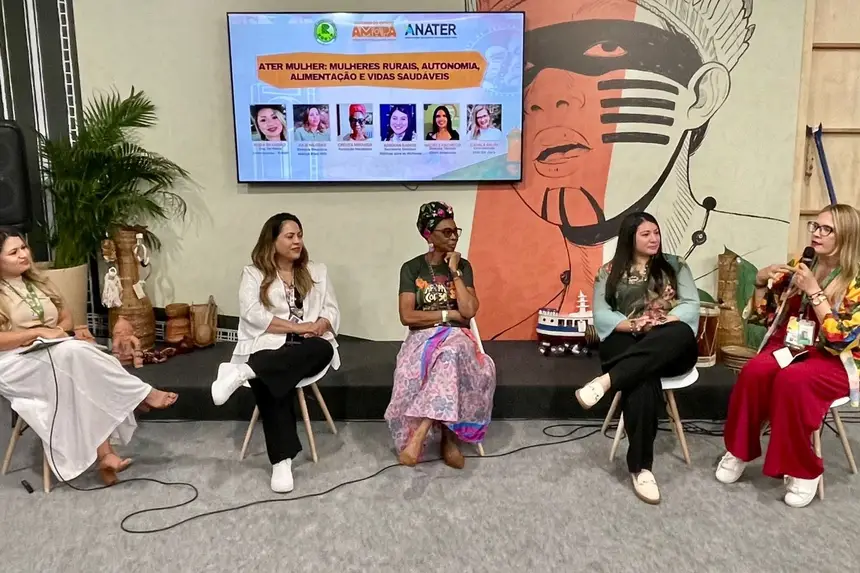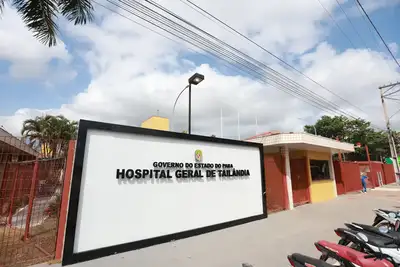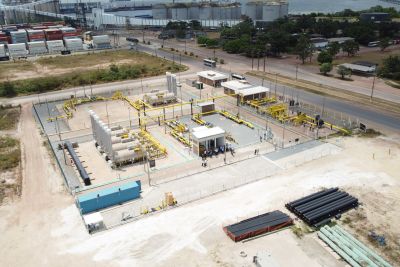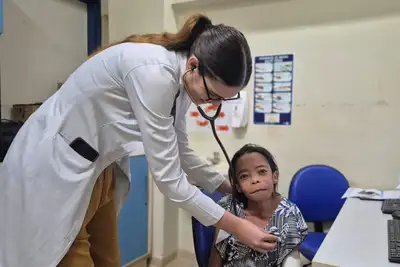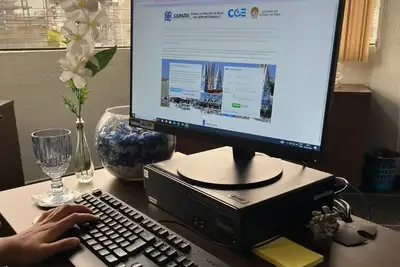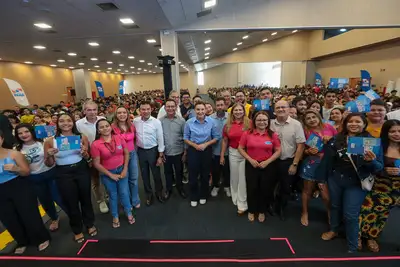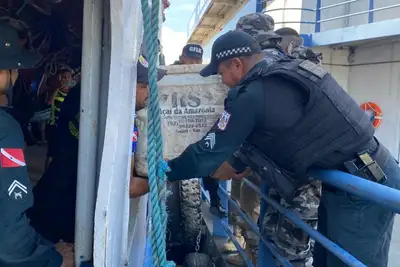Emater highlights technical assistance and rural extension for women in Pará
A conversation circle in the Green Zone addressed women's empowerment in family agriculture and environmental preservation
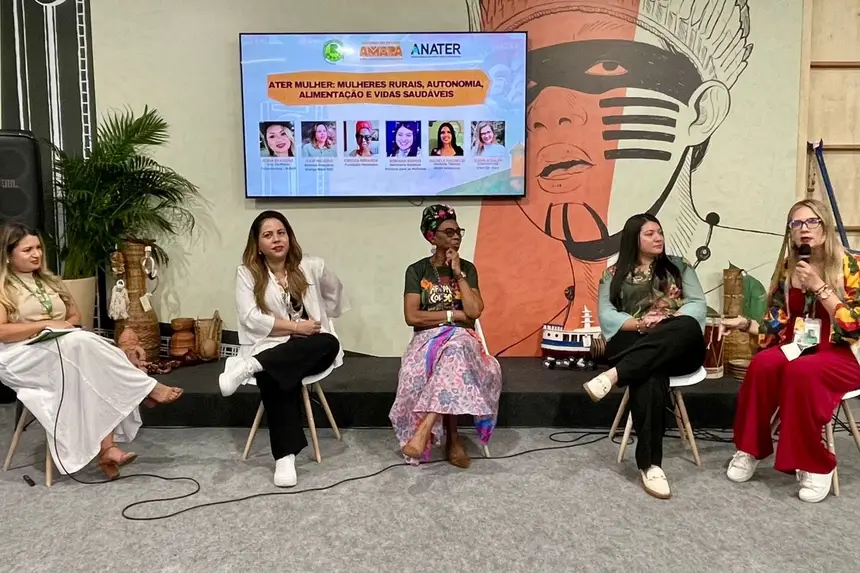
The female protagonism in Technical Assistance and Rural Extension was highlighted in a panel at the Green Zone on the morning of this Wednesday (19), during the programming of the United Nations Conference on Climate Change (COP30) in Belém.
With the theme: "Ater Mulher: Rural Women, Autonomy, Food, and Healthy Lives", the Technical Assistance and Rural Extension Company of the State of Pará (Emater-Pará) presented an overview of the actions carried out by the government of Pará, represented by the Operations Coordinator (Coper) of Emater-Pará, Camila Salim.
According to her, although the majority of the family agriculture audience is usually male, women are the majority when it comes to environmental regularization and preservation.
“Only in 2024, Emater-Pará served approximately 60,000 farmers, including quilombolas, indigenous people, extractivists, fishermen, among other groups. But what stands out is that 31,000 were women, meaning more than half. This shows that women are much more interested in regularizing their property, not only in seeking financing but also in preserving the environment; they want to have their legal reserve. And this is important because it is part of a decarbonization process, which is truly done by trees, by the living and standing forest,” she explained.
According to the environmental engineer, the fact that Emater-Pará is present in all 144 municipalities of the State reinforces the commitment of the government of Pará to provide access to public policies to improve the lives of family farmers. As a result, one municipality stood out for its high rate of women accessing the Rural Funding program, a federal government initiative that they accessed through Emater.
“Only in Itupiranga, 300 women accessed the Rural Funding and received a total of about R$1.5 million to improve their production in pig farming, handicrafts, among other activities. It is a way to further reinforce female entrepreneurship, to increase productivity as a means of encouraging these activities even more,” she concluded.
The event took place at the official stand of the government of Amapá, where various debates, exhibitions, and cultural presentations are being held until November 21. The panel included the participation of the fishing engineer and extensionist from the Institute of Extension, Assistance, and Rural Development (Rurap) of Amapá, Rúbia Brandão; the executive director of Aliança Brasil NBS, Julie Messias; the representative of the Marabaixo Foundation, Creuza Miranda; and the state secretary for Public Policies for Women of the State of Amapá, Adriana Ramos.
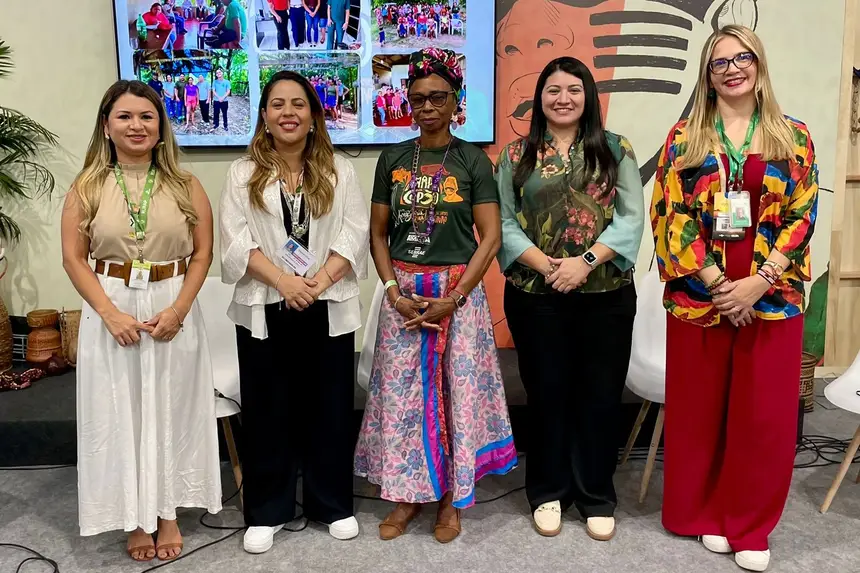
The event was a partnership between the Institute of Extension, Assistance, and Rural Development (Rurap) of Amapá, the government of Amapá, and the National Agency for Assistance and Rural Extension (Anater).


